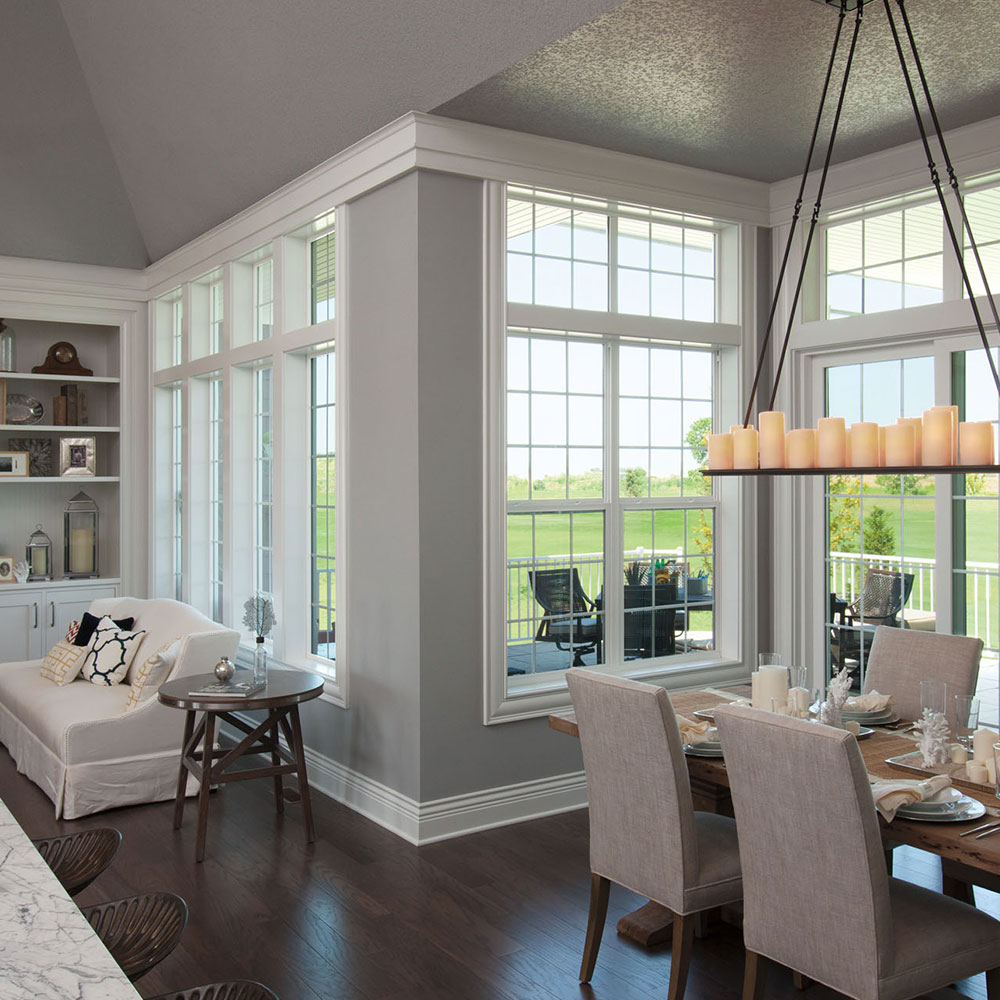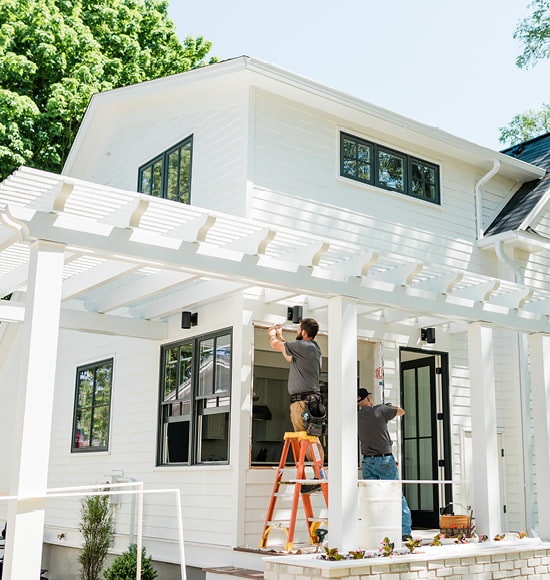Upgrade Your Home With Energy-Efficient Window Substitutes
In the world of home improvement, the decision to update to energy-efficient home window substitutes can dramatically impact both the functionality and aesthetic appeals of a house. Past the surface area degree of plain appearances, energy-efficient home windows use a multitude of advantages that go past plain aesthetic charm.
Benefits of Energy-Efficient Windows

The installation of energy-efficient home windows supplies substantial financial savings on utility bills while improving ecological sustainability. Energy-efficient windows are designed to lessen heat loss and gain, reducing the demand for heating and cooling down systems to burn the midnight oil. By efficiently protecting the home, these windows aid maintain a comfy indoor temperature level year-round, leading to lower power consumption and lowered utility prices. Furthermore, energy-efficient windows can aid regulate dampness levels within the home, minimizing the risk of mold and mildew and mildew development.
Past the financial benefits, energy-efficient home windows contribute to ecological sustainability by reducing carbon exhausts associated with energy manufacturing. By lowering energy use, these windows help alleviate the ecological impact of lights, cooling, and heating residential rooms. This decrease in energy consumption plays an essential function in combating environment adjustment and advertising a greener future for generations ahead. On the whole, buying energy-efficient windows not only improves the comfort and effectiveness of a home however additionally straightens with environmentally conscious practices.
Sorts Of Energy-Efficient Glass
Various advanced sorts of energy-efficient glass deal special residential or commercial properties that deal with different needs and choices in improving the sustainability and effectiveness of buildings. Low-emissivity (Low-E) glass is a popular choice created to reduce the amount of ultraviolet and infrared light that can go through the glass, thus reducing warm transfer. This kind of glass helps keep a constant indoor temperature, decreasing the need for home heating or cooling systems, and ultimately decreasing energy expenses. One more ingenious alternative is spectrally selective glass, which allows noticeable light to pass with while blocking particular sorts of infrared radiation. This aids in preserving a comfy indoor environment while lessening warm gain. Triple-pane glass, including three layers of glass with insulating gas between them, gives improved thermal insulation, making it very energy-efficient. Furthermore, self-cleaning glass with a special layer that breaks down and loosens up dirt when subjected to sunlight can minimize maintenance needs and maintain windows looking tidy. Each kind of energy-efficient glass uses distinct advantages, enabling homeowners to select the most appropriate alternative based on their certain demands and objectives.
Elements to Think About When Choosing
When contemplating energy-efficient home window replacements, it is important to meticulously assess certain elements that straighten with your sustainability goals and wanted energy savings. The U-factor actions how well the home window insulates, with reduced numbers showing better insulation, while the SHGC shows the window's capability to obstruct heat from sunlight. By meticulously examining these factors, you can choose energy-efficient home windows that enhance comfort, lower power costs, and benefit the atmosphere.
Installation and Maintenance Tips

Regular upkeep is crucial to protecting the performance of your energy-efficient home windows. Check the weather-stripping and seals for any kind of spaces or tears and replace them if needed to keep the windows' power effectiveness. window replacement.
Additionally, lubricate pop over to these guys relocating parts such as locks and hinges to make certain smooth operation. By adhering to these installation and upkeep tips, you can boost the energy effectiveness of your home and prolong the best site life expectancy of your energy-efficient windows.
Cost-Benefit Evaluation of Updating

Energy-efficient home windows are made to lessen warm transfer, minimizing the requirement for heating and cooling down systems to function overtime. This can cause substantial cost savings on energy bills, specifically in areas with severe temperature levels. Furthermore, energy-efficient windows can enhance the total worth of your home, making it much more attractive to possible buyers if you decide to market in the future.
When determining the cost-benefit analysis, variable in the prospective savings on power expenses, any type of available incentives or rebates, and the life-span of the windows. While the first expense may be greater, the long-lasting savings and advantages of energy-efficient windows make them a clever investment for home owners seeking to boost their home's energy effectiveness and value.

Verdict
To conclude, updating to energy-efficient window substitutes offers many advantages such as decreased energy usage, raised comfort, and price savings. By choosing the suitable type of energy-efficient glass and thinking about factors like framework material and installation, house owners can make the most of the performance of their windows. Normal upkeep and appropriate installment are important for long-lasting efficiency. On the whole, the cost-benefit analysis of upgrading to energy-efficient home windows reveals that the initial investment can cause substantial savings in the long run.
When pondering energy-efficient home window replacements, it is essential to thoroughly evaluate particular elements that align with your sustainability objectives and desired energy cost savings. The next U-factor measures how well the window shields, with reduced numbers showing much better insulation, while the SHGC suggests the window's ability to block warm from sunlight. By carefully evaluating these factors, you can pick energy-efficient home windows that improve comfort, lower power expenses, and benefit the environment.
While energy-efficient home windows might have a higher upfront price compared to conventional home windows, the lasting benefits typically outweigh the initial financial investment.In final thought, upgrading to energy-efficient window substitutes supplies many benefits such as reduced power usage, increased convenience, and price savings.